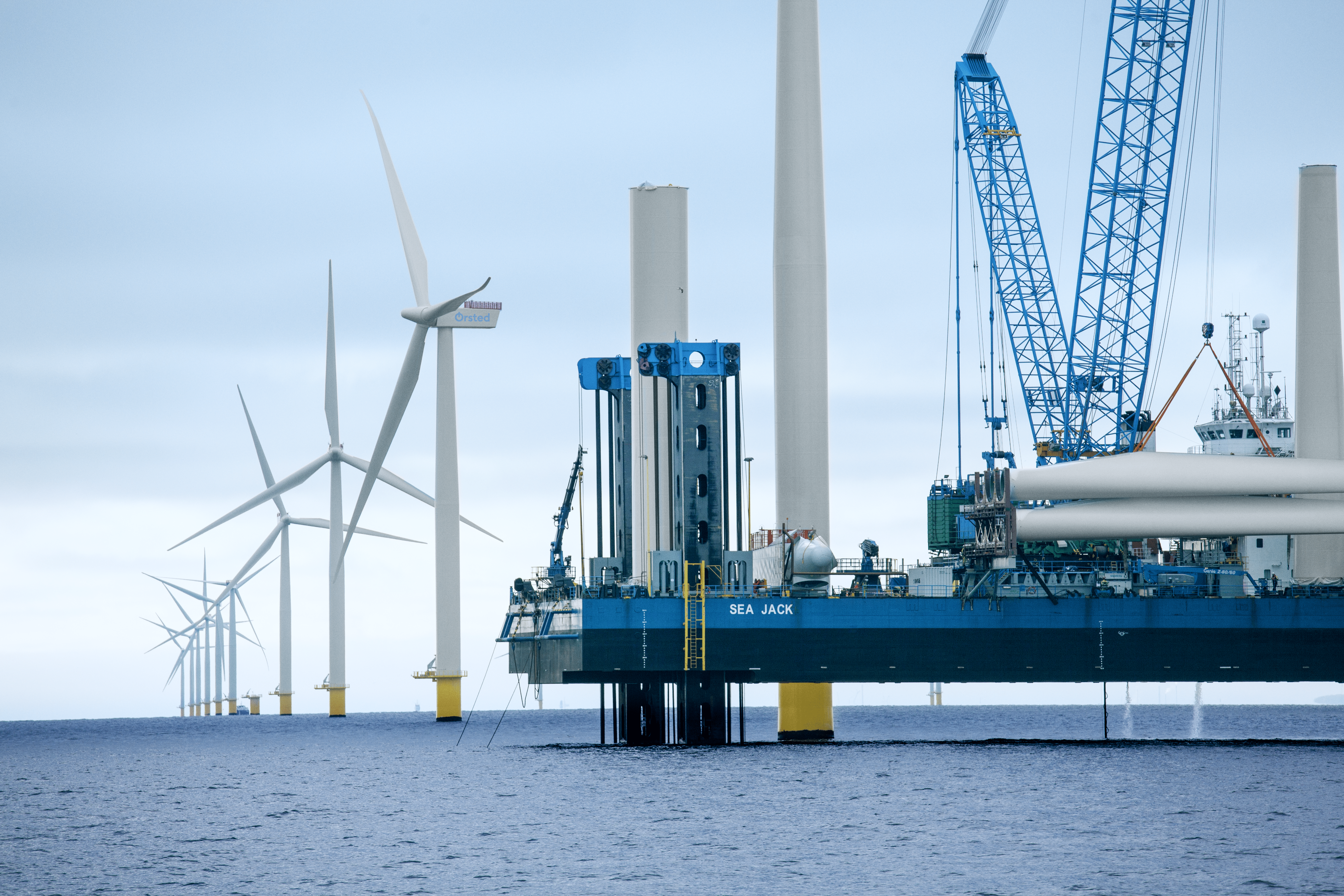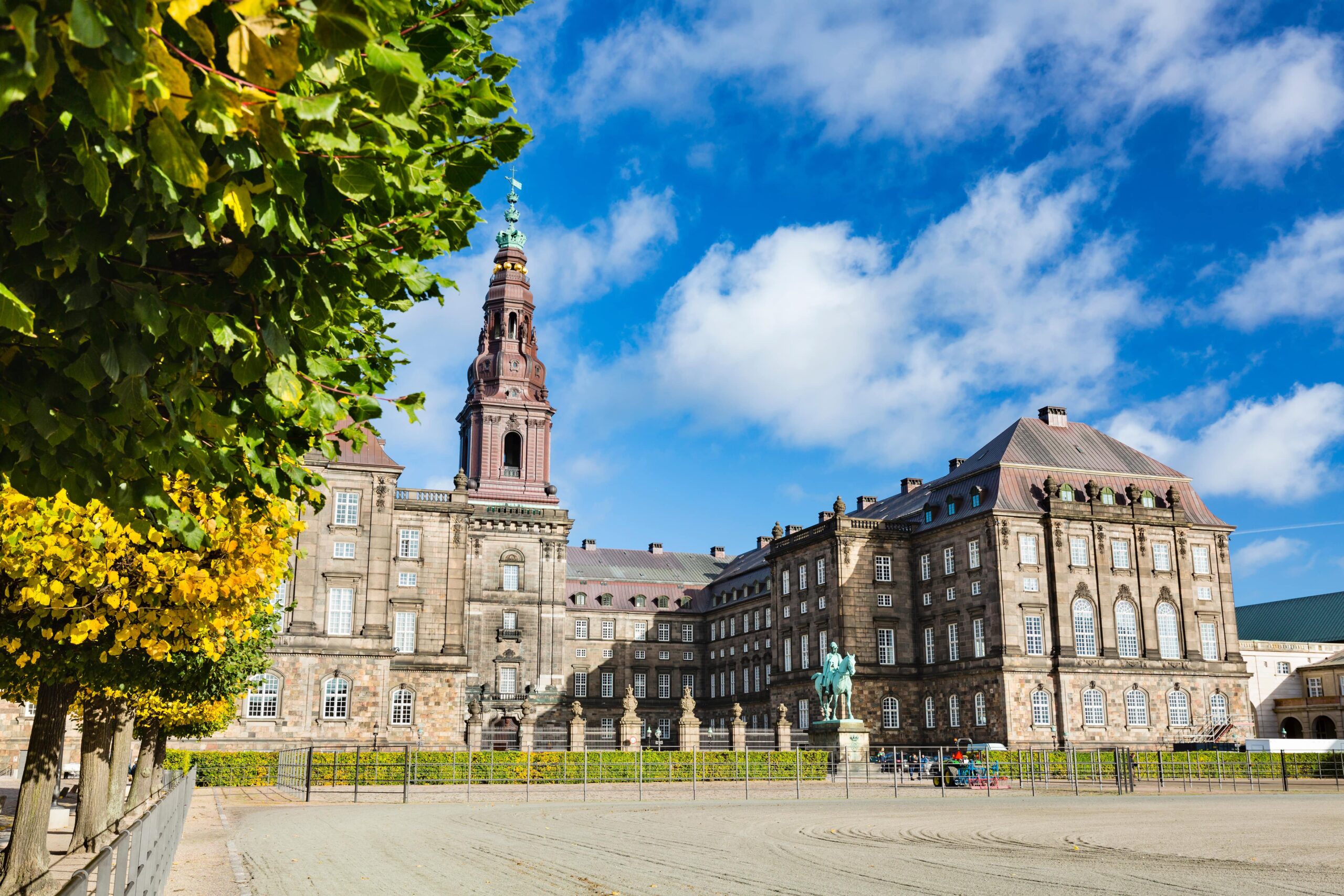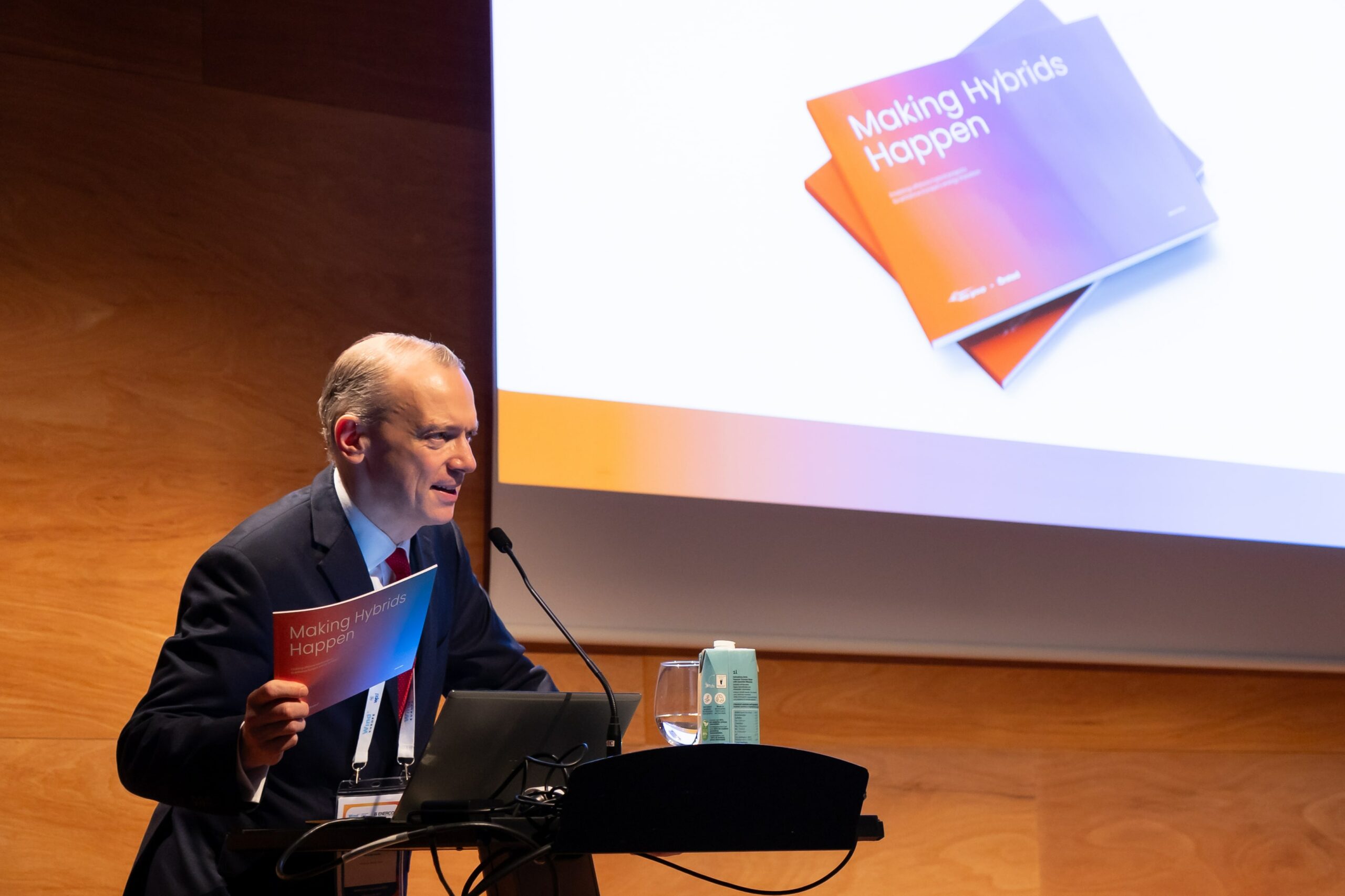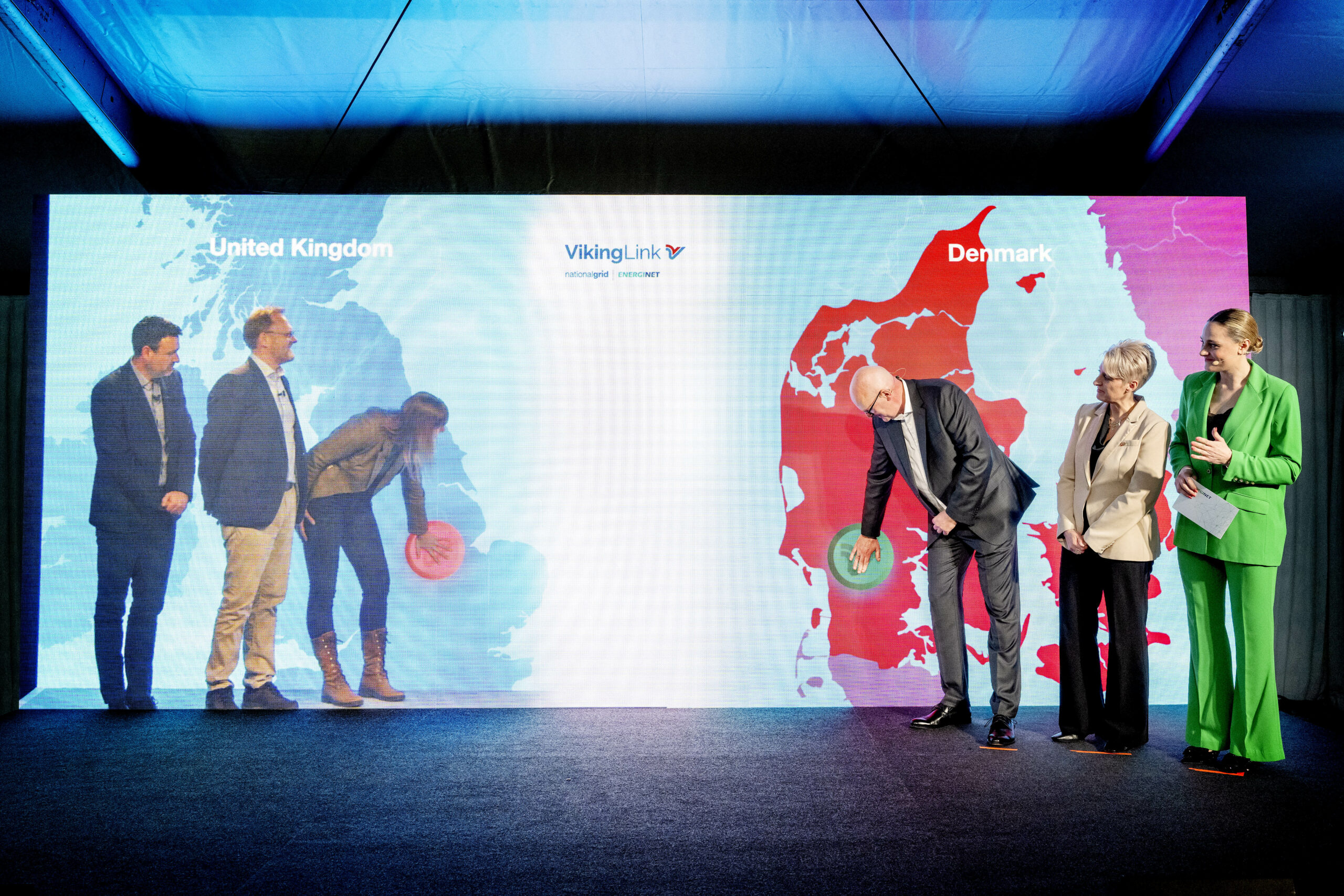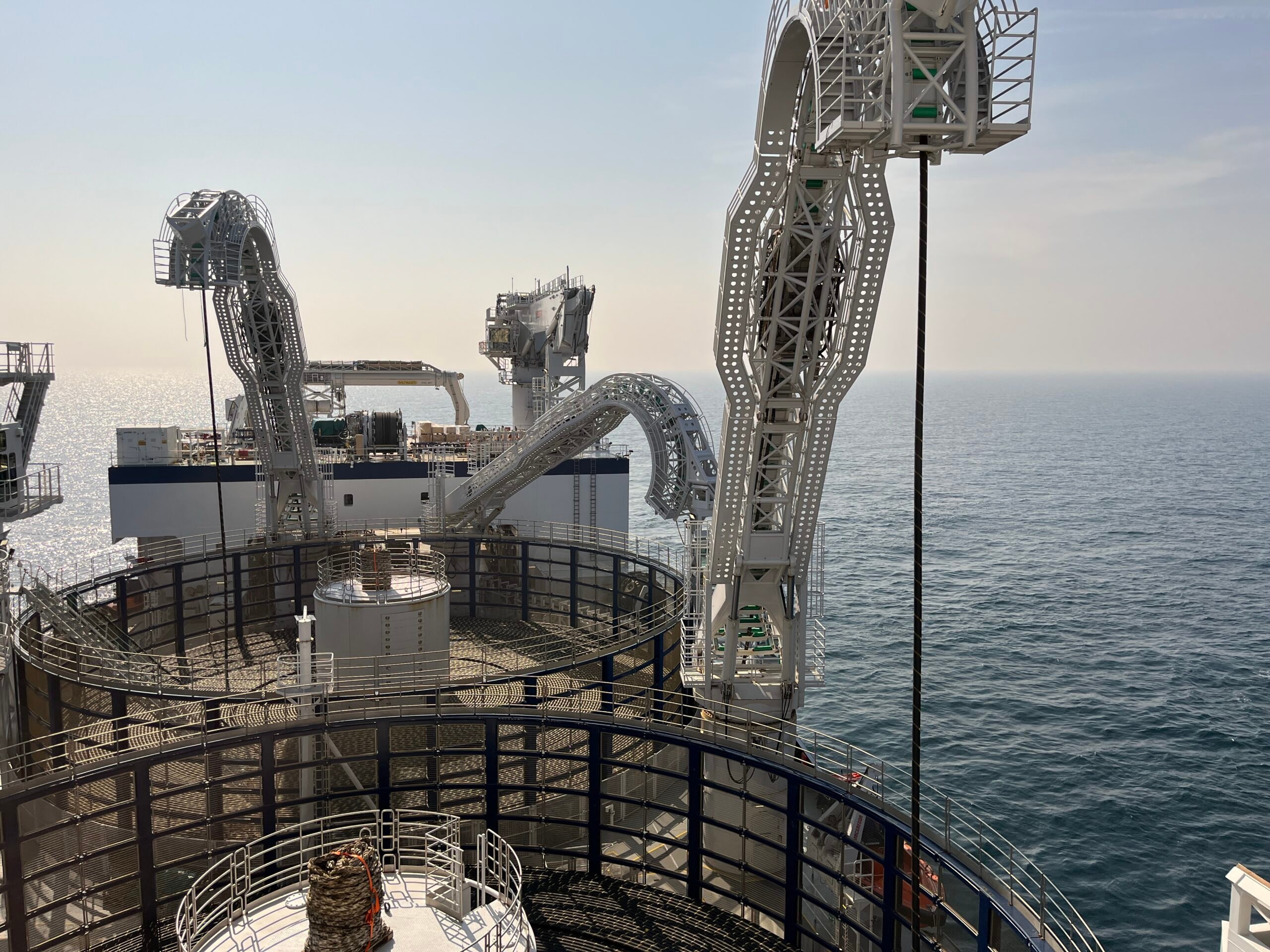News
CHP
District energy
District heating
+10
IEA report: Denmark on track to become independent of fossil fuels by 2050


The International Energy Agency’s latest 209 page long review of Denmark’s energy policies focussed on two main topics: how to integrate increasing volumes of variable renewable energy in the power system beyond its current share of 45%, and how to decarbonise the heating sector.
Denmark has a long tradition of setting ambitious national energy targets. By 2050, Denmark aims to be a low-carbon society independent of fossil fuels. The IEA report finds that the country is moving convincingly to meet these world-leading targets.
-Related News: The International Energy Agency: The Green Transition is Underway
Electricity generation in Denmark has changed fundamentally over the past two decades. Coal generation has been steadily replaced, and the bulk of power generation now comes from wind and bioenergy. Since the previous in-depth review in 2011, Denmark has made impressive progress towards decarbonising its energy sector while maintaining robust security of supply. Denmark’s energy intensity and carbon intensity are among the lowest of all IEA member countries.
Denmark: A World Leader in Integration of Renewable Energy
Denmark has also become a world leader in system integration of variable renewable energy (VRE); it has the highest share of wind power in electricity generation, and electricity supply is stable and secure at both transmission and distribution levels. The country is also among the global leaders in using energy-efficient technologies, including combined heat and power (CHP), which provides half the electricity and two-thirds of heat sold in Denmark.
- It is highly encouraging to see that wind power is becoming market competitive, said Paul Simons, the IEA Deputy Executive Director, who presented the report in Denmark. Tapping into the large offshore wind resource will help Denmark decarbonise even further.
-Denmark is now widely recognised as a global leader in integrating variable renewable energy while at the same time maintaining a highly reliable and secure electricity system, thanks to a flexible domestic power system and a high level of cross-border connections,” continued Mr Simons.
Heat and Power Plants Need to Continue Being Powered by Renewables
The report also emphasised the role of the heating sector in Denmark’s transition to a low-carbon society. Denmark is already switching from coal to biomass in district heating, and is favouring renewables over oil and natural gas in individual heating. These trends will have to continue in order for Denmark to meet its targets, the IEA warned.
-Related News: IEA: Global Renewable Electricity Generation Set to Grow More Than One-Third by 2022
Denmark’s large-scale use of combined heat and power plants with heat storage capacity, and the increasing deployment of wind power offer great potential for efficient integration of heat and electricity systems, for example through large heat pumps. Smart policies and measures are essential to realise that potential at least cost. Finding the right levels of taxation for fuels and electricity is particularly important.
The review also confirmed that energy-related CO2 emissions are declining overall, due to a combination of energy efficiency improvements and fuel switching to renewables. As in all countries, Denmark needs to do more to limit emissions from transport.
-Source: The International Energy Agency
